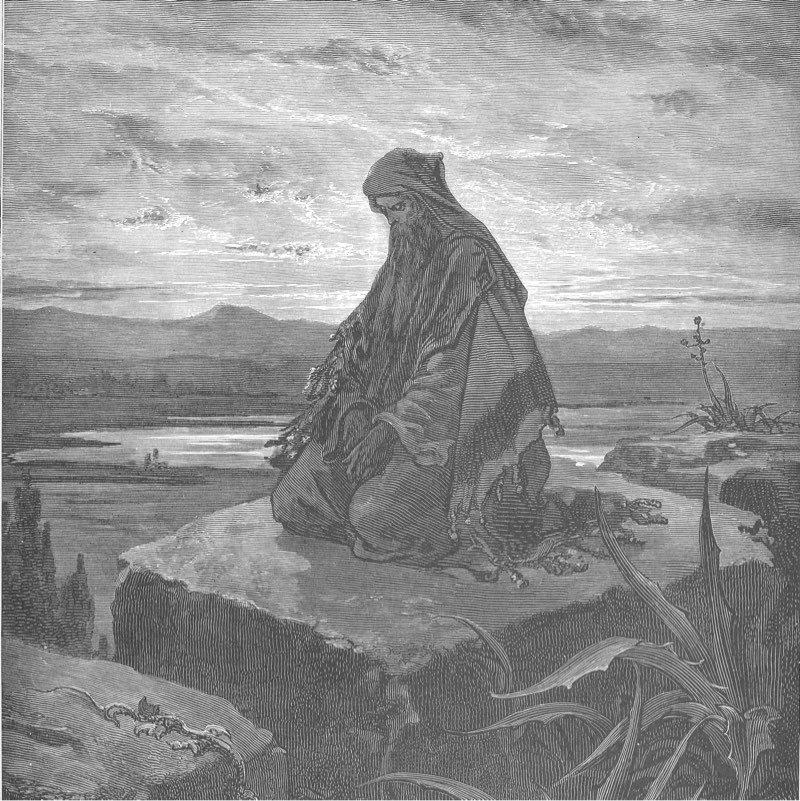Some believe the Hebrew Bible, as the word of God that upholds the oneness of God, cannot withstand the onslaught of the Trinitarian hermeneutics. After all, the Hebrew Bible becomes part of the Christian scriptures known as the Old Testament. The Quran, as the safeguard to protect the unity of God, comes into existence to challenge the doctrine of the Trinity that creeps into the Hebrew scriptures. How is this argument explained?
This is a complex and controversial topic that has been debated for centuries by scholars and theologians of different faiths.
The argument that the Quran challenges the doctrine of the Trinity that creeps into the Hebrew scriptures is based on the following premises:
The Hebrew Bible, as the word of God, upholds the oneness of God and does not contain any explicit or implicit indication of a triune Godhead. The concept of Trinity is a later development that emerged from the interaction of Jewish and Hellenistic thought in the early centuries of Christianity.
The Quran, as the final and complete revelation of God, confirms the oneness of God and rejects any form of association or partnership with Him. The Quran explicitly criticizes the Christian belief in the Trinity as a form of polytheism and deviation from the true monotheism of Abraham. The Quran also corrects some of the misconceptions that Christians have about Jesus and the Holy Spirit, such as their divine status or their role in the Trinity.
The Quran is the safeguard to protect the unity of God from any distortion or corruption that may have occurred in the previous scriptures, such as the Hebrew Bible or the New Testament. The Quran claims to be a confirmation and clarification of what was revealed before it, and a criterion to judge between truth and falsehood. The Quran also challenges the people of the Book (Jews and Christians) to produce evidence for their claims and to follow the original message of God that was revealed to their prophets.
Therefore, according to this argument, the Quran is superior to the Hebrew Bible in terms of preserving and presenting the pure monotheism of God, and it exposes and refutes the doctrine of the Trinity that creeps into the Hebrew scriptures through human interpretation and influence.
In summary, the argument says that the Quran is a better guide for understanding the idea of one God because it strongly emphasizes monotheism. It criticizes concepts like the Trinity, which have shaped interpretations of the Hebrew Bible due to historical and cultural reasons. By clearly focusing on the oneness of God, the Quran guides people to embrace true monotheism.


